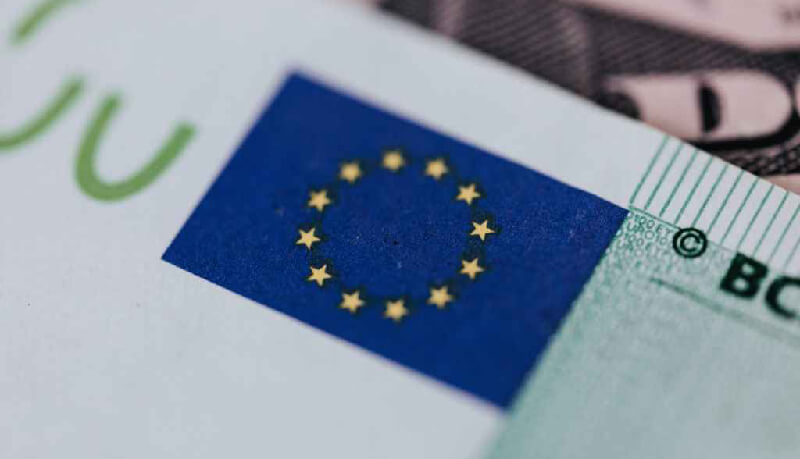The European Union Aviation Safety Agency (EASA) announced on Wednesday that it had authorised the return to service of the Boeing 737 MAX commercial aeroplane. This authorisation applied to a modified version of the single-aisle airliner. The EASA-required improvements and modifications comprised reworked electrical wiring, upgraded software, updated operations manuals and updated crew training and maintenance checks. Commercial aviation regulators in the US, Brazil and Canada had already cleared the 737 MAX to return to service, also with provisos that certain modifications and upgrades were made to the aircraft and its associated procedures. The EASA determination is not applicable to the UK, which is no longer a member of the agency, following the country’s departure from the European Union (EU).
“We have reached a significant milestone on a long road,” observed EASA executive director Patrick Ky. “Following extensive analysis by EASA, we have determined that the 737 MAX can safely return to service. This assessment was carried out in full independence of Boeing or the [US] Federal Aviation Administration [FAA] and without any economic or political pressure – we asked difficult questions until we got answers and pushed for solutions which satisfied our exacting safety requirements. We carried out our own flight tests and simulator sessions and did not rely on others to do this for us.”
The 737 MAX was grounded worldwide in March 2019, as a result of two accidents within six months, which killed 346 passengers and crew. The fundamental cause of these disasters was ascertained to be the aircraft’s Manoeuvring Characteristics Augmentation System (MCAS). Ironically, this was meant to make the aeroplane easier to handle. But it received its data from just one angle of attack sensor and if that malfunctioned, the MCAS would repeatedly activate itself and push the nose of the airliner down. That was what had happened in both accidents, with the pilots ultimately losing control of their aircraft.
“We have every confidence that the aircraft is [now] safe, which is the precondition for giving our approval,” he stated. “But we will continue to monitor 737 MAX operations closely as the aircraft resumes service. In parallel, and at our insistence, Boeing has also committed to work to enhance the aircraft still further in the medium term, in order to reach an even higher level of safety.”
The physical changes to the 737 MAX required by EASA were the same as those required by the FAA, so that there will be no technical or software differences between those aircraft operated by EU and North American operators. However, EASA’s requirements did have two main differences to those of the FAA. EASA explicitly permitted pilots to stop a ‘stick shaker’ (a type of warning system) from vibrating if it was activated in error by the MCAS (to ensure that it did not distract the crew). And EASA banned certain high-precision landings by the 737 MAX (this is expected to be a temporary restriction).
“The mandated actions need to be seen as a complete package which together ensure the aircraft’s safety,” pointed out Ky. “This is not just about changes to the design of the aircraft: every individual 737 MAX pilot needs to undergo a once-off special training, including simulator training, to ensure that they are fully familiar with the redesigned 737 MAX and trained to handle specific scenarios which may arise in flight. This will be reinforced by recurrent training to ensure the knowledge is kept fresh.”













